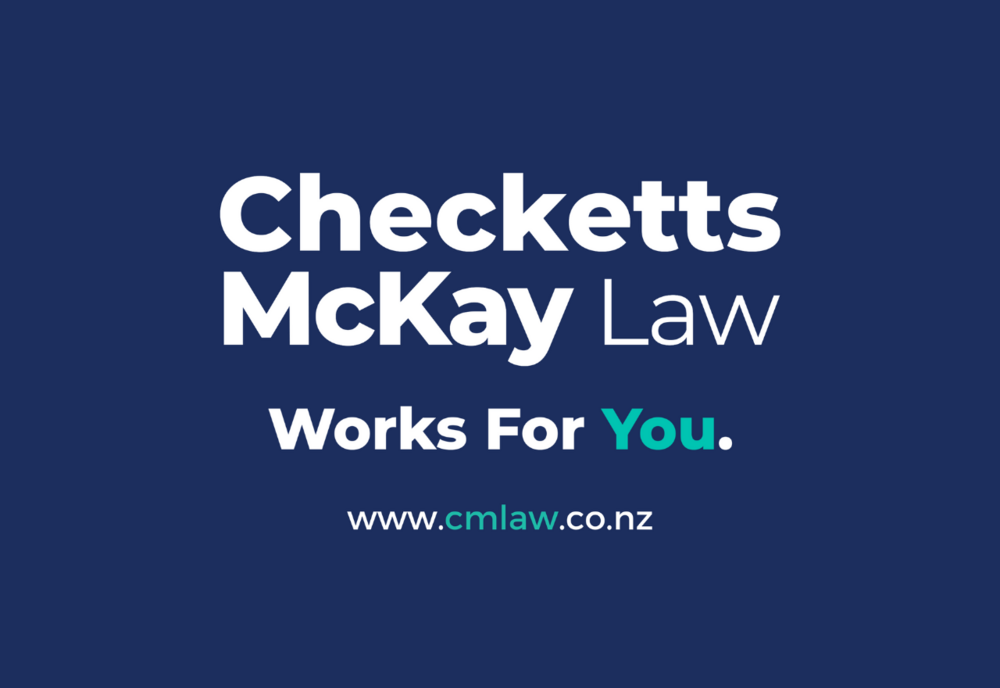Landlords and Tenants – Unenforceable Tenancy Agreement Clauses (Law blog)
Nick Slegers - Checketts McKay Law
25 May 2025, 9:00 PM

Professional Cleaning, Parties, and Notice Periods: What Wanaka Landlords and Tenants Need to Know About Unenforceable Tenancy Agreement Clauses
Wanaka’s rental market is unique—whether you’re leasing a lakefront home, managing a ski-season short-term let, or navigating long-term tenancies in the suburbs. But no matter how specific the situation, one thing is always true: the Residential Tenancies Act 1986 (“the Act”) sets the ground rules.
Tenancy Agreements in Wanaka (or anywhere in New Zealand) can’t sidestep the law. If a clause contradicts the Act, it’s unenforceable. In fact, including certain terms can be an unlawful act, and may even lead to a fine.
Let’s unpack what that means—and highlight a few classic mistakes we see in local tenancy agreements.
What Makes a Clause Unenforceable?
Here’s the golden rule: you can’t contract out of the law.
Even if both the landlord and tenant agree to something and sign on the dotted line, if that clause goes against the Act—it has no legal effect. Tenants can’t waive their rights. Landlords can’t impose extra rules. And if they try, it could come back to bite.
Wanaka Examples of Common Unenforceable Clauses
1. Mandatory Professional Carpet Cleaning
This one comes up a lot, especially in seasonal rentals where high turnover and dirty boots are common.
Landlords often insert a clause requiring tenants to pay for professional carpet cleaning when they leave. Sounds fair? Maybe. But it’s unenforceable.
Under the Act, tenants only need to leave the place “reasonably clean and tidy”. That usually means a good vacuum and wipe-down. If the carpets are stained or filthy, sure—cleaning might be required. But landlords can’t force tenants to book a pro cleaner, even if it's in the contract.
Tip for Wanaka landlords: Rather than adding extra conditions, focus on a solid inspection report and bond process. That’s your real protection.
2. No Parties Allowed—Ever? Not So Fast.
We know parties can be a concern—especially in holiday hotspots like Wanaka. But inserting a blanket “no parties” clause in your agreement? That’s a no-go.
The law gives tenants the right to quiet enjoyment of the property. That includes hosting friends, having a BBQ, or playing music—within reason.
You can’t ban socialising outright, but you can respond if it gets out of hand. If a tenant hosts a rowdy event every weekend or disturbs the neighbours with loud music at 2am, that’s a breach of their obligations. You’ve got options—but it needs to be based on behaviour, not blanket bans.
3. Creative Notice Periods (a.k.a. Shortcuts That Don’t Work)
This one’s sneaky. Some tenancy agreements propose terms like:
“Tenant agrees to 30 days’ notice in exchange for a rent discount.”
Sounds like a win-win? Not under the law.
The Act sets minimum notice periods (currently 90 days for periodic tenancies with no specified reason), and these can’t be shortened—even if everyone’s happy with the deal. A clause like this is unenforceable, and may leave landlords exposed if things go sour.
Why This Matters in Wanaka
With so many newcomers, seasonal workers, and property owners managing remotely, Wanaka’s rental scene is full of well-meaning but risky DIY agreements.
It’s tempting to add your own conditions or copy/paste a clause you saw on Facebook. But if it’s not aligned with the Act, it won’t hold up—and might even land you in front of the Tenancy Tribunal.
How Checketts McKay Law Can Help
Whether you’re renting your home for the winter or setting up a long-term investment property, we can help you get it right the first time.
Our Wanaka-based team can:
- Review and update your tenancy agreements
- Help resolve disputes with tenants or landlords
- Represent you at the Tenancy Tribunal if things go sideways
We understand local property trends, community expectations, and how to balance legal requirements with practical needs.
17 Dunmore Street, Wānaka



